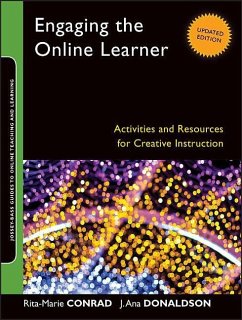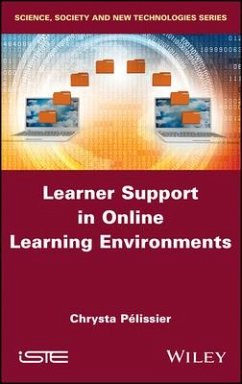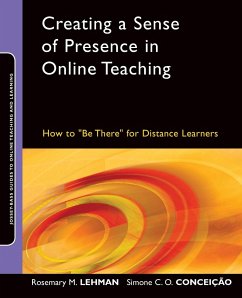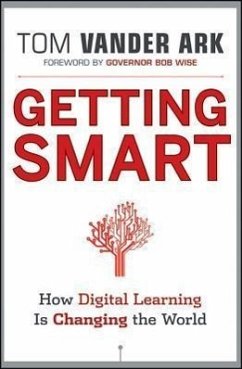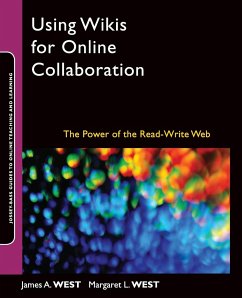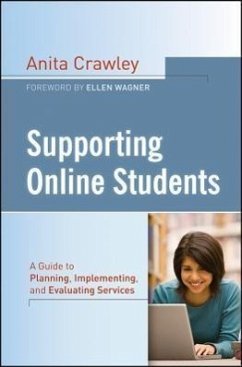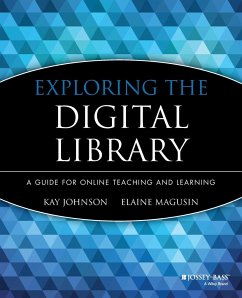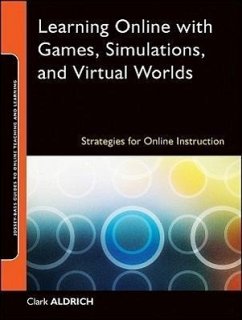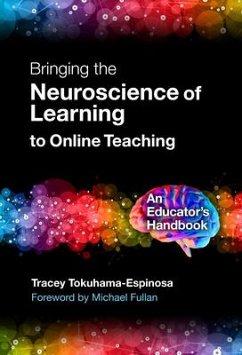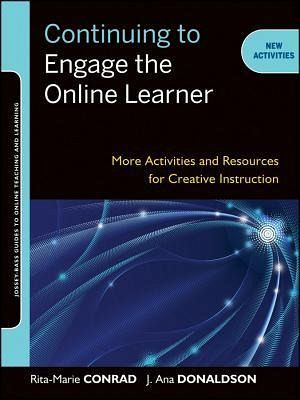
Continuing to Engage the Online Learner
More Activities and Resources for Creative Instruction
Versandkostenfrei!
Versandfertig in über 4 Wochen
31,99 €
inkl. MwSt.
Weitere Ausgaben:

PAYBACK Punkte
16 °P sammeln!
Continuing to Engage the Online Learner Contributing to both the theoretical and practical literature, Continuing to Engage the Online Learner expands on the work of Conrad and Donaldson's bestselling Engaging the Online Learner. This next-step resource introduces a new phase to their proven model, the Phases of Engagement, and addresses a wide range of online and hybrid learning environments, technology tools, and communication styles. Comprehensive in scope, the book provides an introduction to the theory of engaged learning and its design, assessment, and management in online and blended le...
Continuing to Engage the Online Learner Contributing to both the theoretical and practical literature, Continuing to Engage the Online Learner expands on the work of Conrad and Donaldson's bestselling Engaging the Online Learner. This next-step resource introduces a new phase to their proven model, the Phases of Engagement, and addresses a wide range of online and hybrid learning environments, technology tools, and communication styles. Comprehensive in scope, the book provides an introduction to the theory of engaged learning and its design, assessment, and management in online and blended learning environments and describes the types of activities that motivate the online learner in each phase of engagement. This down-to-earth resource also includes 50 new and illustrative activities paired with each phase of engagement. In Continuing to Engage the Online Learner Rita-Marie Conrad and J. Ana Donaldson provide relevant and theoretically-sound information to enhance teaching and engage learners, offering a practical handbook for instructors. "Conrad and Donaldson have done it again! Not only have they presented a solid and useful discussion of the phases of engagement, they have brought the theory alive through the presentation of practical activities that would work well in any online or hybrid course." --Rena Palloff, faculty, Fielding Graduate University and author, The Excellent Online Instructor




